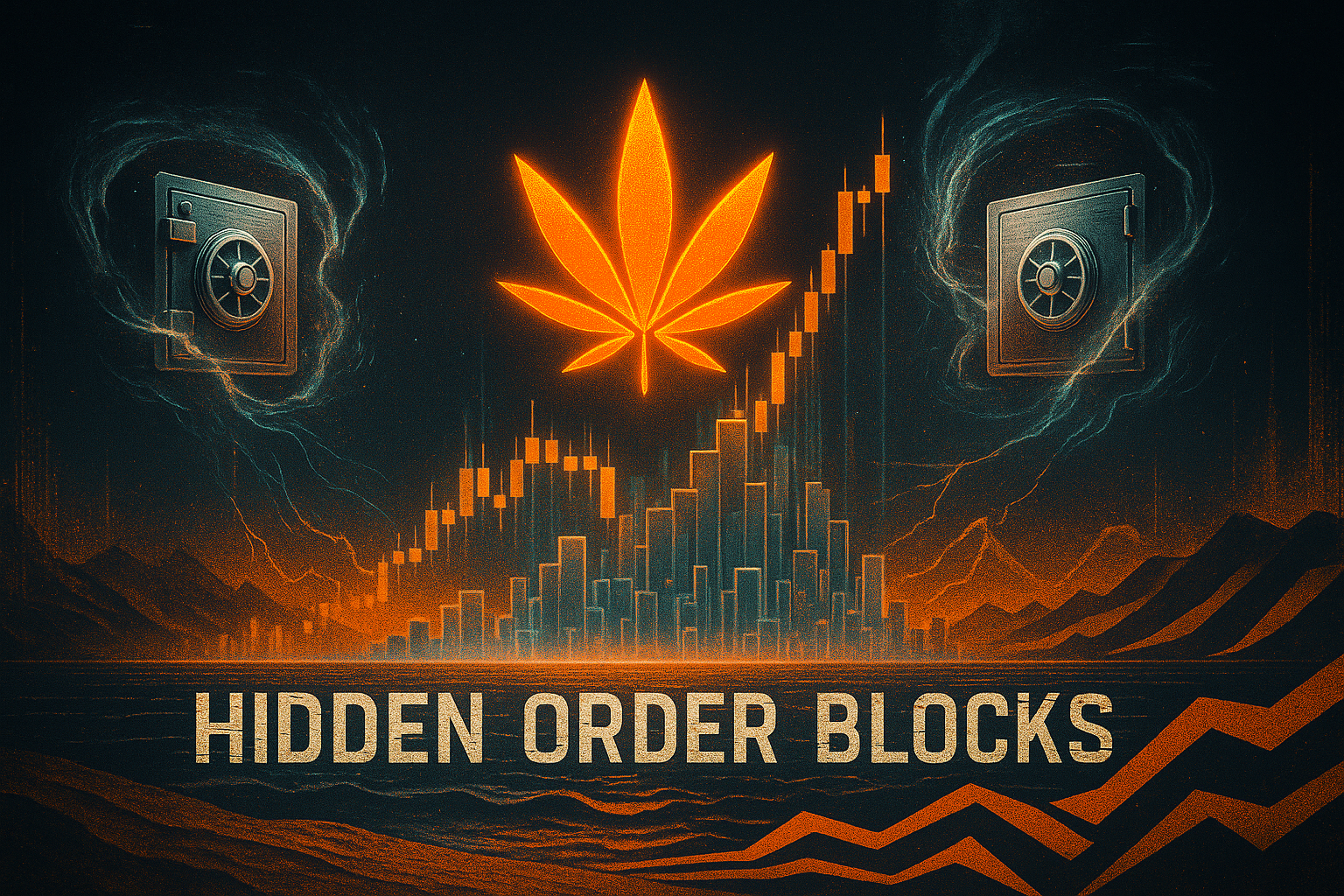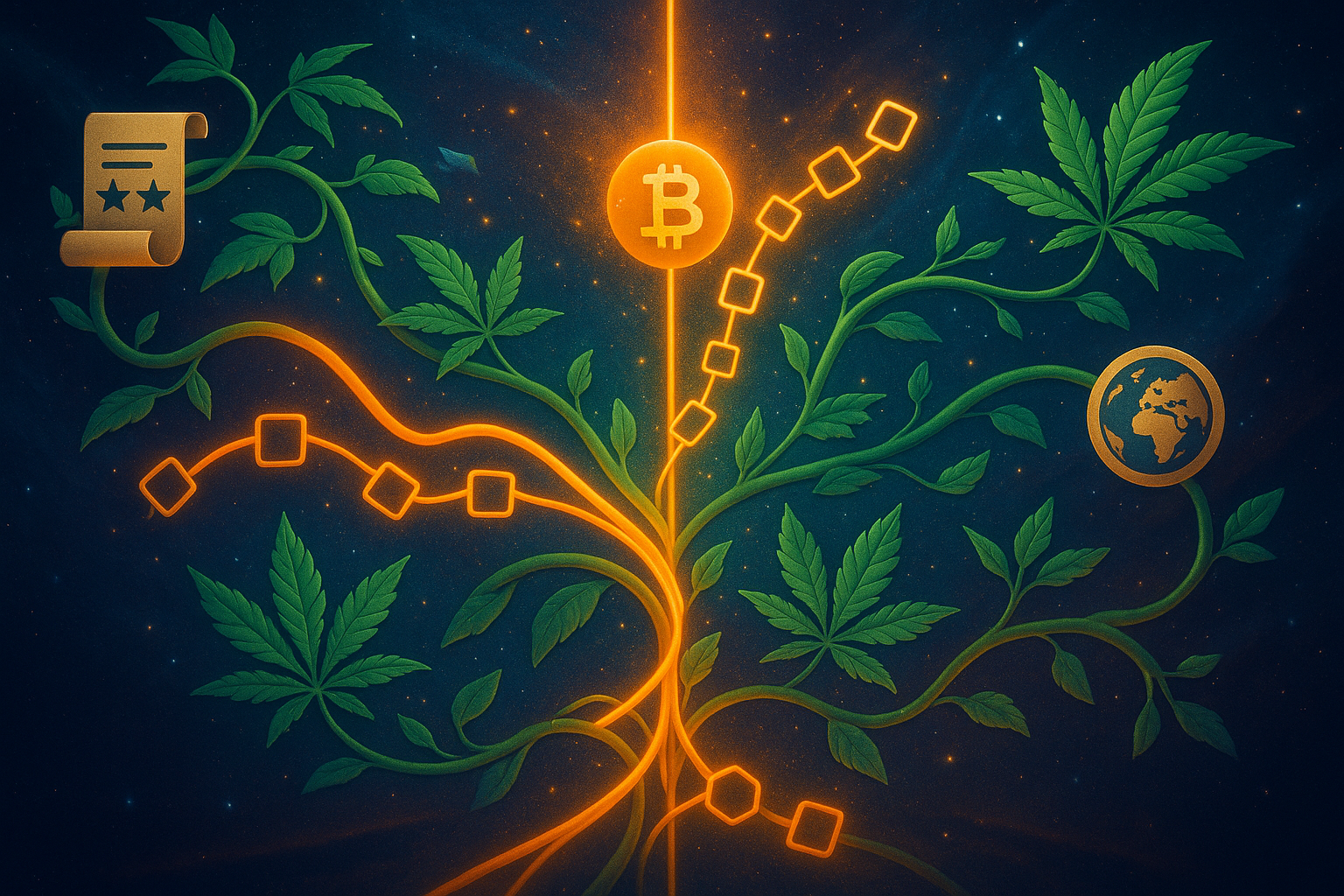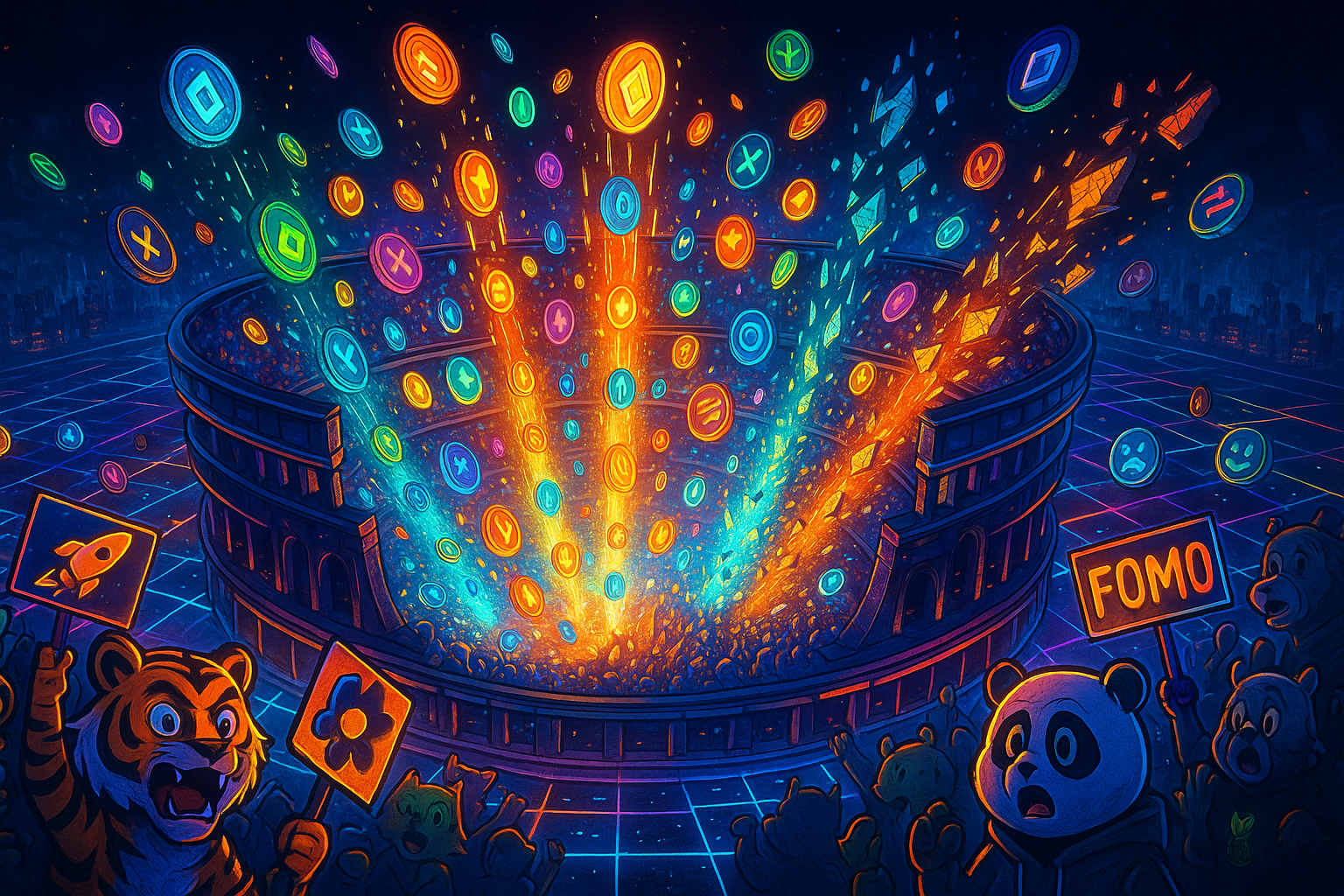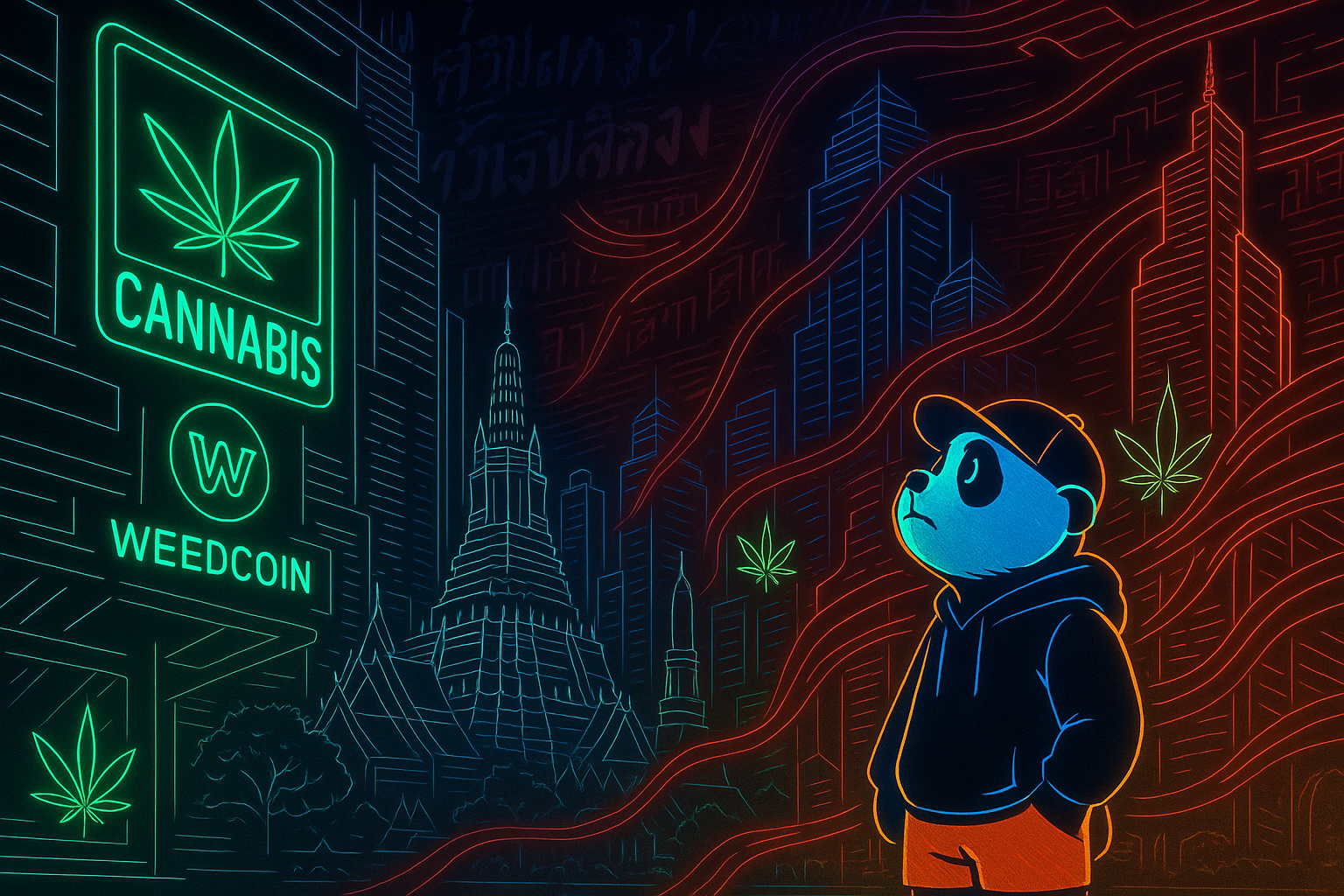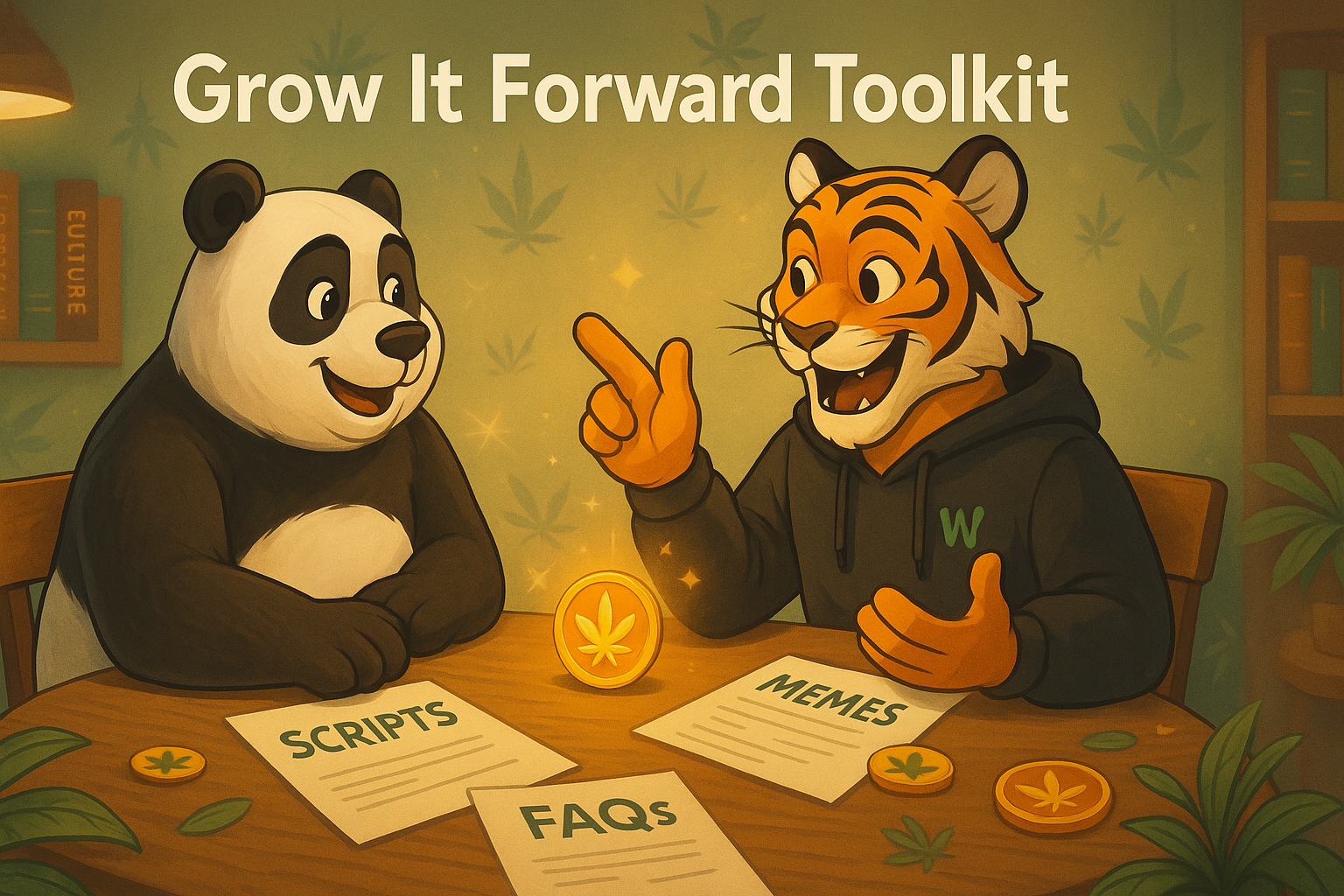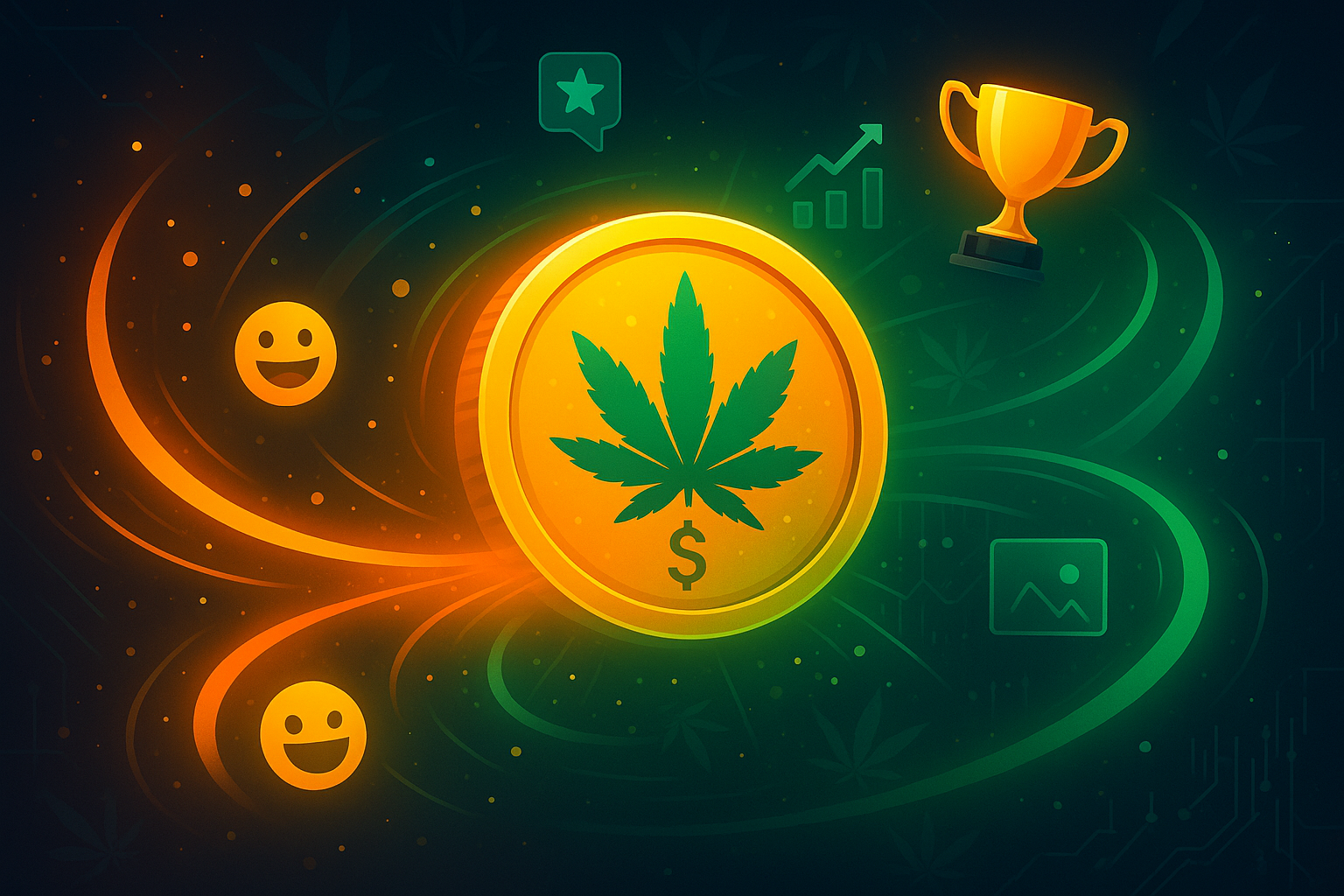Medical Marijuana for Mental Health Support: A Deep Dive into Its Benefits
How Weed Can Ease Anxiety, PTSD, and Depression
Mental health challenges like anxiety, PTSD, and depression can profoundly affect daily life, and medical marijuana offers a natural approach to finding relief. In the MediWeed Hub, we’re exploring the potential of weed to support mental wellness with irie vibes. This article provides an in-depth look at how medical marijuana can help with mental health conditions, the science behind its effects, the best strains and methods, and important considerations for safe use. Whether you’re seeking calm or emotional balance, let’s discover how cannabis can nurture your mind!
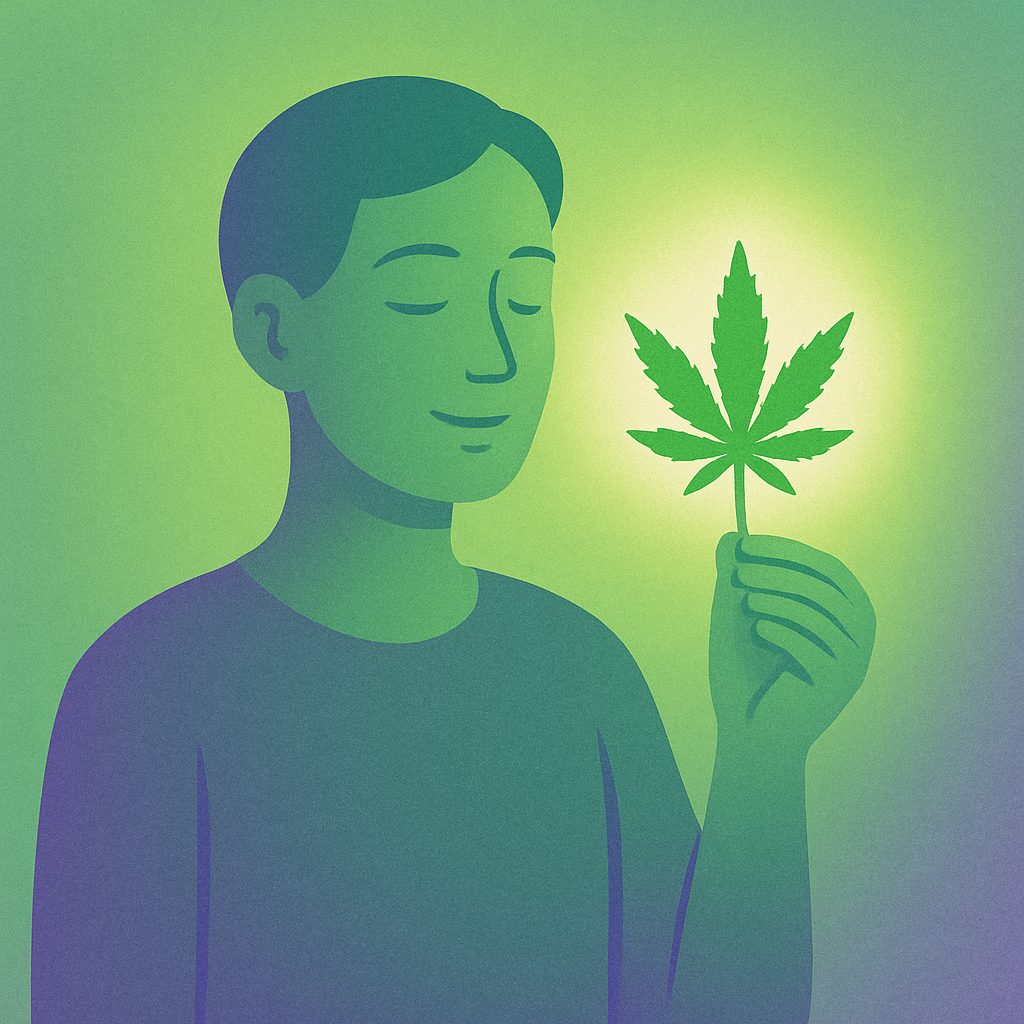
Medical marijuana has shown significant promise in supporting mental health, particularly for conditions like anxiety, post-traumatic stress disorder (PTSD), and depression. Harvard Health reports that CBD, a non-psychoactive cannabinoid, can reduce PTSD symptoms in veterans by up to 50%, helping with flashbacks, nightmares, and hypervigilance. A 2019 study in The Journal of Clinical Psychiatry found that CBD decreased anxiety in 79% of participants, likely by interacting with serotonin receptors (5-HT1A) in the brain, which regulate mood and stress responses. Therapists have noted that patients using CBD—often in the form of tinctures or capsules—experience a calming effect without the “high” associated with THC, making it a versatile option for mental health support.
For anxiety, low doses of THC can also be effective, acting as an anxiolytic by activating CB1 receptors in the amygdala, the brain’s emotional center. A 2017 study in Neuropsychopharmacology found that 2.5–5 mg of THC reduced anxiety in 60% of participants during a public speaking test, promoting relaxation and reducing stress. However, higher doses of THC (e.g., 10 mg or more) can increase anxiety in some users by overstimulating the amygdala, highlighting the importance of careful dosing. Strains matter too—indica strains like Northern Lights are often recommended for their calming effects, while sativas like Sour Diesel may be too stimulating for anxious individuals, as noted by Lyphe Clinic.
In the case of depression, medical marijuana may help by stimulating the endocannabinoid system, which regulates mood and emotional responses. A 2014 study in The Journal of Neuroscience found that THC increases serotonin production by activating CB1 receptors, mimicking the effects of antidepressants like SSRIs. Patients with depression often report improved mood and motivation when using cannabis, particularly with sativa strains that provide an uplifting effect. However, the Mayo Clinic cautions that long-term use of high-THC strains may exacerbate depressive symptoms in some individuals, especially those prone to psychosis, so a balanced THC-CBD strain like Harlequin is often a safer choice for mood support.
For PTSD, medical marijuana can address both psychological and physical symptoms. A 2020 study in The Journal of Psychopharmacology found that cannabis use reduced PTSD-related insomnia by 65% and decreased intrusive thoughts by 50% in veterans. THC can help with hyperarousal by calming the fight-or-flight response, while CBD reduces the emotional intensity of traumatic memories. Patients often combine low doses of THC (e.g., 2 mg via vaping) with CBD (e.g., 10 mg in a tincture) to achieve a balanced effect, avoiding overstimulation while addressing anxiety and sleep issues. Terpenes like linalool, found in strains like Lavender, enhance these effects by promoting relaxation and reducing stress.
Practical application of medical marijuana for mental health requires careful consideration of dosage, method, and individual response. Sublingual tinctures are a popular choice for anxiety, providing effects within 15–30 minutes that last 4–6 hours, allowing for precise dosing (e.g., 5 mg CBD to start). Edibles can offer longer-lasting relief for depression, but their delayed onset (30–60 minutes) requires patience to avoid overconsumption. Vaping provides rapid relief for acute anxiety or PTSD episodes, with effects starting within minutes. Patients should start with CBD-dominant products to minimize psychoactivity, especially if new to cannabis, and consult a healthcare provider, particularly if taking medications like antidepressants, which can interact with cannabis (e.g., increasing sedation with SSRIs).
Safety and monitoring are critical when using medical marijuana for mental health. While cannabis can be beneficial, it’s not a cure-all, and overuse of THC may lead to tolerance, dependency, or worsening symptoms in some cases—about 9% of users develop a dependency, per NIDA. Patients with a history of psychosis or bipolar disorder should use caution, as THC can trigger manic episodes or hallucinations in susceptible individuals. Regular check-ins with a therapist or doctor can help track progress, adjust dosages, and ensure cannabis complements other treatments like cognitive-behavioral therapy (CBT) or mindfulness practices, creating a holistic approach to mental wellness.
Practical Tips
- Start with CBD: Begin with 5–10 mg of CBD (e.g., via tincture) to manage anxiety or PTSD without psychoactive effects, increasing as needed.
- Microdose THC for Anxiety: Use 1–2 mg of THC via vaping for acute anxiety; avoid higher doses to prevent overstimulation.
- Choose Calming Strains: Opt for indicas like Northern Lights for anxiety or PTSD; use balanced strains like Harlequin for depression.
- Monitor Effects Closely: Keep a mood journal to track how cannabis affects your symptoms, sharing results with your doctor for adjustments.
- Combine with Therapy: Pair cannabis with CBT or meditation to enhance mental health benefits and address root causes of distress.
Key Takeaways
- Medical marijuana, especially CBD, reduces anxiety and PTSD symptoms by calming the mind and regulating serotonin.
- Low doses of THC (1–2 mg) can ease anxiety, but higher doses may worsen it, so careful dosing is essential.
- THC may help depression by boosting serotonin, while CBD addresses PTSD-related insomnia and intrusive thoughts. Tinctures and edibles provide controlled relief for mental health; vaping is best for acute episodes like panic attacks or PTSD triggers.
- Indica strains are ideal for calming anxiety and PTSD; balanced THC-CBD strains like Harlequin support depression without overstimulation.
- Consult a doctor to ensure safe use, especially if on medications, and monitor for potential risks like dependency or worsening symptoms.
